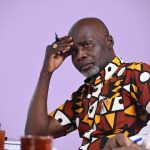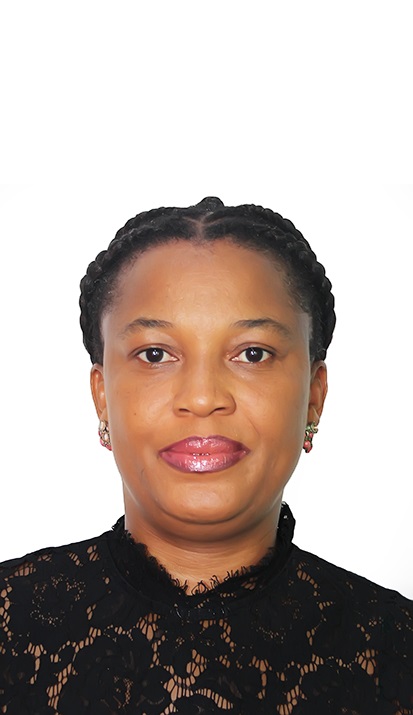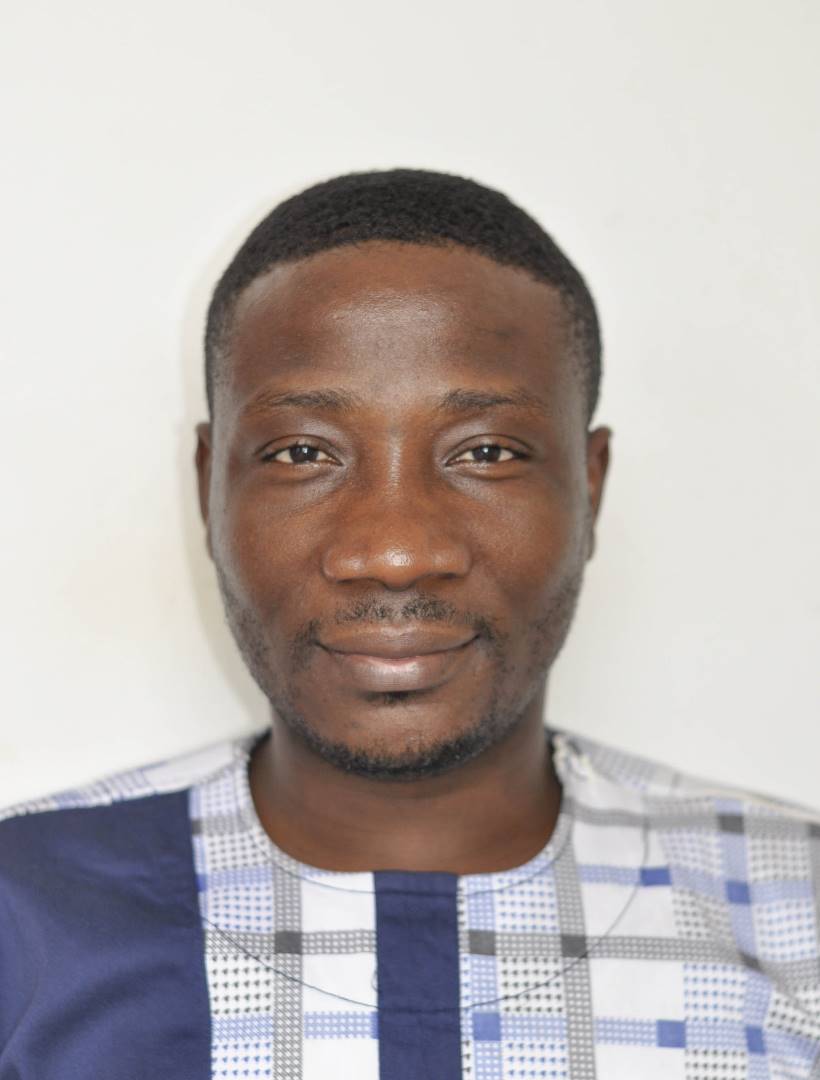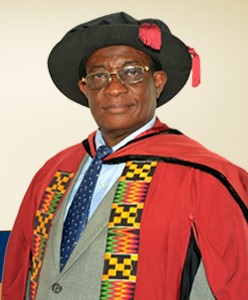The Department of Earth Science is a key component of the College of Basic and Applied Sciences at the University of Ghana. It is one of several departments within the college that offers undergraduate and graduate programmes in various Geoscientific disciplines. The department's focus on geology and related fields aligns with the university's commitment to scientific research and education. The Department of Earth Science has a unique and influential role within the University of Ghana and the broader Ghanaian Geoscience community. It has been the primary training ground for geoscientists in Ghana for over seven decades, producing graduates who have made significant contributions to Mineral Exploration, Petroleum Geology, Hydrogeology, Engineering Geology, Economic Geology and Environmental Geoscience. The department's expertise and leadership in these areas have helped to drive economic development and address critical environmental challenges in Ghana and the West African sub-region.
Brief History
The Department of Geology (now the Department of Earth Science) was formally established in 1948, with its inaugural courses commencing in 1950. In the department's nascent years, Geology emerged as a popular choice for students enrolled in the B.Sc. General degree program. Dozens of students selected Geology as one of their two primary subjects. Furthermore, a considerable number of first-year students included Geology as an additional "third subject" within the B.Sc. General Part I curriculum.
The increasing student population necessitated the construction of additional lecture theatres for the new department, requiring an investment of £46,000. As a temporary measure, a substantial portion of the Main Library building was repurposed to accommodate teaching departments without dedicated facilities. By 1958, three departments were housed within the library, and the library's collection continued to expand. To address this issue, Phase I allocated £75,000 for the construction of dedicated buildings for these departments. Moreover, between 1955 and 1958, the College, particularly its science departments, amassed significant collections.
The increasing volume of collections posed significant storage challenges, yet their importance to global scholars remained undiminished. To address this, it was determined that a Natural History Museum should be established. This would not only enhance the College's reputation but also provide a valuable resource for researchers. The museum was planned to be located in close proximity to the Departments of Botany, Zoology, and Geology, as well as the Botanical and Zoological Gardens. In 1962, the University Council approved the establishment of a University Theatre, further enriching the academic and professional landscape. The Ghana Institute of Arts and Culture pledged an additional £G7,000 to support this endeavour.
The Department of Geology made substantial contributions to the University's early years, training geologists for diverse sectors of the economy. Offering a comprehensive curriculum of over 11 courses, including Mineralogy, Petrology, and Engineering Geology, the department provided consultancy services to key industries, particularly the mining sector. The recent boom in the mining industry has stimulated significant research activity within the department. Funded by organizations such as UNDP, the Mineral Development Fund, and DANIDA, the department has undertaken projects including the production of a gold and diamond brochure, the review of industrial minerals, the exploration for diamond source rocks, and seismotectonic studies in southeastern Ghana (Agbodeka, 1998).
The Department of Geology underwent a name change to the Department of Earth Science in 2010 to reflect the broader spectrum of Geoscience disciplines. This transition facilitated the introduction of BSc, MPhil, MSc, and PhD degree programmes in various Geoscience fields. In 2022, the department further expanded its undergraduate offerings by introducing BSc degrees in Geology, Applied Geology, and Geophysics.
Programmes:
Undergraduate degrees
BSc Earth Science (Geology), BSc Earth Science (Applied Geology), BSc Earth Science (Applied Geophysics)
Graduate (MSc/MPhil)
Geology, Economic Geology, Hydrogeology, Engineering Geology, Petroleum Geoscience, Mineral Exploration, Geophysics
PhD
Earth Science
Agbodeka, F. (1998). A history of University of Ghana: Half a century of higher education (1948-1998). Woeli Publishing Services.
Administrative Leadership
See AllHead of Department
Prof of Environmental Engineering
Prof. Larry Pax Chegbeleh was duly elected as the Head of Department and subsequently inducted into office on Wednesday, August 1, 2022.


Post Graduate Studies Chair
Professor of Paleontology
Prof. David Atta-Peters was duly elected to the position of Graduate Chair of the Earth Science Department in 2018. He has retained this position to the present day.
Examination Officer
Senior Lecturer in Hydrogeology
Dr. Yvonne Akosua Sena Loh was duly appointed as Examinations Officer in 2022 and has since held that position.

Graduate Studies Coordinator
Senior Lecturer in Economic and Structural Geology
Dr. Samuel Nunoo has served as the Graduate Studies Coordinator of the Earth Science Department since his appointment in 2022.

GNPC Petroleum Chair
Professor of Hydrogeology
Prof. Bruce Banoeng-Yakubo has been the GNPC petroleum chair since his appointment in 2019.

Petroleum Geoscience Coordinator
Senior Lecturer in Cosmogeochemistry

